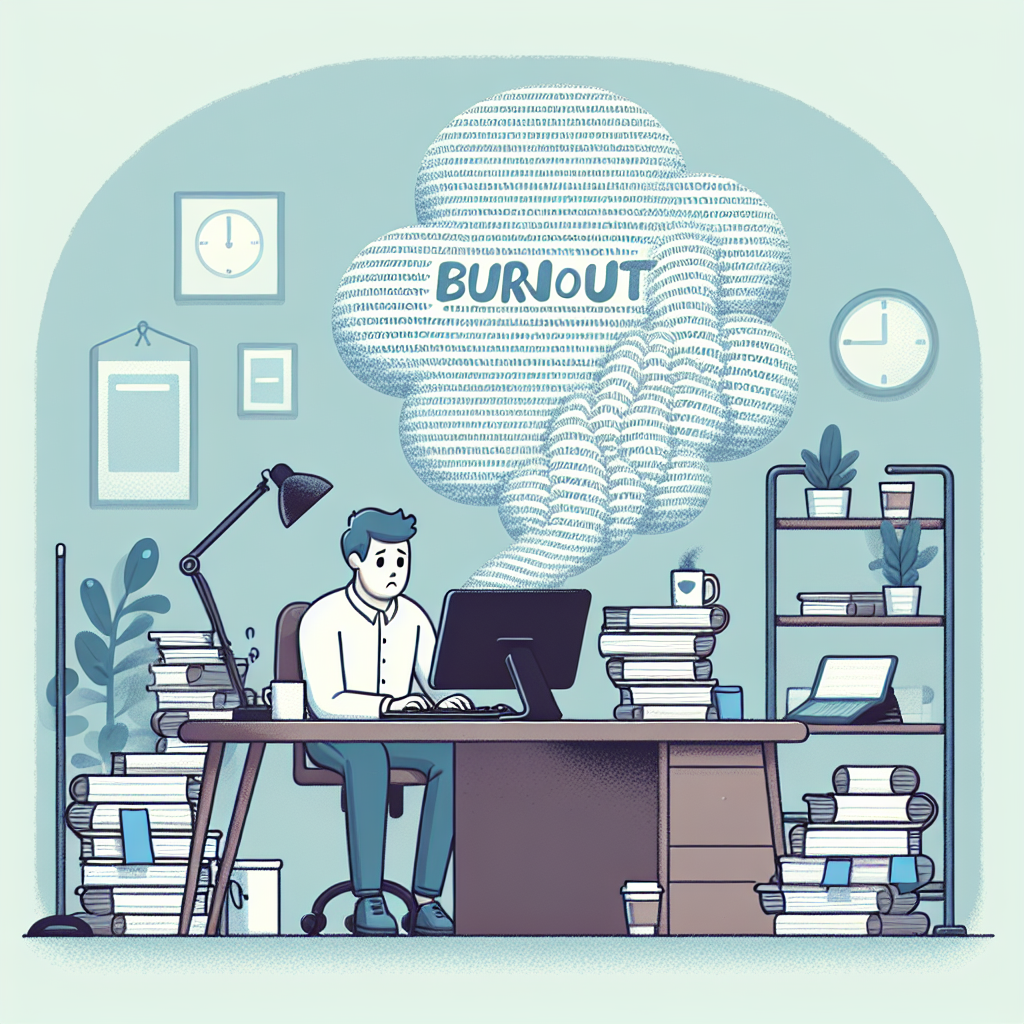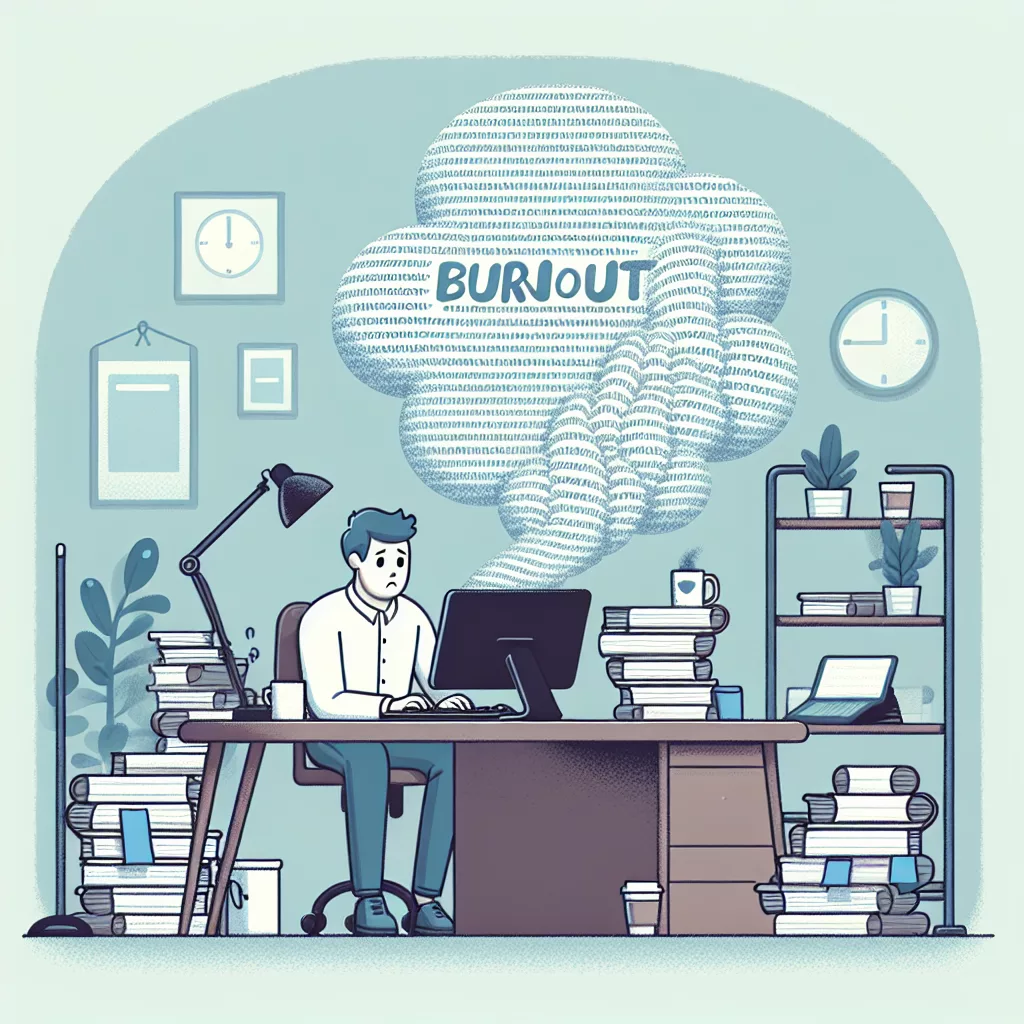Navigating the intricacies of content creation, semantic accuracy, and project deadlines, Technical Writers face a moderate risk of burnout due to cognitive load.

- High demand for quality documentation under tight deadlines.
- Difficulty in receiving clear project specifications.
- Pressure for constant learning and technical skill updates.
- Isolation from frequent remote work environments.
- Monotony in repetitive documentation tasks.
- Difficulty in balancing creativity with factual accuracy.
- Limited career advancement opportunities within the field.
The statistical data regarding career burnout for Technical Writers indicates that the severity level is moderate.
Reasons Technical Writers burnout
According to the science to date there are key reasons people burnout at work. Here’s our top reasons why Technical Writer in the Technology category has a burnout risk of Moderate:
Monotony and Repetitiveness: Technical writing often involves routine tasks such as creating software documentation, manuals, and user guides. These tasks can be repetitive, leading to mental fatigue and burnout over time if there is insufficient variety in your work projects.
High Pressure and Tight Deadlines: Clients or management may impose tight deadlines, resulting in additional stress. This pressure can lead to working overtime, which disrupts your work-life balance and contributes to burnout symptoms.
Lack of Recognition: Despite the importance of your work in communication and understanding, technical writers may experience a lack of acknowledgment and recognition. This can demotivate you and lead to feelings of being undervalued.
Insufficient Resources: Sometimes, you may encounter inadequate tools, resources, or support to complete your tasks efficiently. This can make your job more challenging and contribute to increased stress levels.
Ambiguity in Roles: Unclear job responsibilities or expectations can lead to confusion and frustration. Without a defined role, it’s tough to feel accomplished or satisfied with your work output.
Poor Management: Inconsistent or ineffective management practices can exacerbate stress. Lack of clear communication from supervisors might make your work seem more burdensome and less meaningful.
Isolation: Technical writing is often a solitary task, which might lead to feelings of isolation. Collaborating less with colleagues can reduce job satisfaction and increase the likelihood of burning out in your role.
Burnout rate data for Technical Writer/Technology
There is limited current data on burnout among Technical Writers specifically. However, burnout in the broader technology industry is well-documented. According to a report by the World Health Organization, burnout in tech professions is often linked to high workload, long hours, and the pressure to continually upskill.
Recent studies indicate that technology workers often face unique stressors, such as rapid project cycles and the constant need to keep up with technological advancements. This can contribute significantly to burnout, characterized by feelings of exhaustion, cynicism, and reduced professional efficacy.
For further reading, reputable sources on this topic include an article by the Harvard Business Review (https://hbr.org/2020/03/understanding-employee-burnout-in-tech) and a study from Gallup, which examines burnout’s prevalence across various industries (https://www.gallup.com/workplace/322911/employee-burnout-perspective-paper.aspx).
Do you have experience of Burnout as a Technical Writer or in Technology?
Share your story about Technical Writer burnout on our share your story page.
Burnout in Technology
Career Burnout Rates > Burnout in Technology > Technical Writer Burnout


